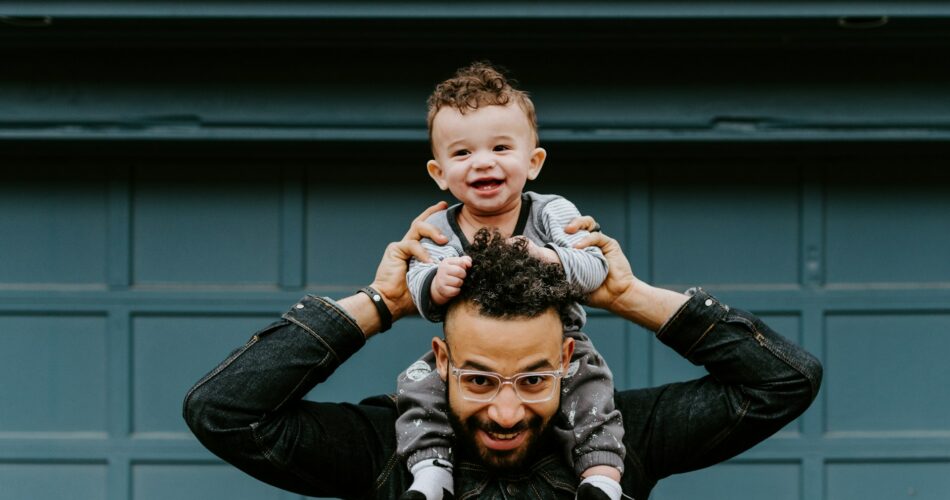He was sentenced for protesting.
In Nashville, Tennessee, Paul Vaughn, a devoted father of 11 and a staunch Christian, avoided a prison sentence during his recent sentencing. U.S. District Judge Aleta Trauger sentenced Vaughn to three years of supervised release following his conviction earlier this year for violating the Freedom of Access to Clinic Entrances (FACE) Act and conspiracy charges. Vaughn was initially indicted along with ten others for obstructing the Carafem Health Center Clinic in Mount Juliet, a suburb of Nashville, in March 2021.
Vaughn’s arrest by the FBI in October 2022 stirred controversy, with Vaughn himself expressing that his children suffered from nightmares since the incident. During his sentencing, Judge Trauger acknowledged Vaughn’s non-violent protest, noting that while he imposed his religious views on others, no harm was inflicted. She also recognized Vaughn’s status as a respected Navy veteran within his community and his deeply held religious convictions.
Vaughn plans to appeal his conviction, viewing it as part of a larger spiritual battle. He praised his legal representation, the Thomas More Society, for their support, emphasizing their shared belief in defending what they perceive as a higher moral truth. Vaughn criticized the application of the FACE Act under the Biden administration, hoping for its repeal on grounds of constitutionality.
Outside the federal court, over a hundred supporters gathered to sing hymns and pray, demonstrating solidarity with Vaughn and his co-defendants. Among them was Eva Edl, an 88-year-old who likened the U.S. government’s actions to the communist regime her family fled. Despite the conviction, Vaughn’s legal team expressed gratitude for the leniency shown by the judge but criticized what they perceived as an unjust prosecution under the current legal framework.
The case underscores broader debates about religious freedom, the right to protest, and the enforcement of laws protecting access to healthcare facilities. Vaughn’s conviction has sparked discussions about the limits of legal protections for protests based on religious beliefs and the potential implications for future legal challenges under similar circumstances.
